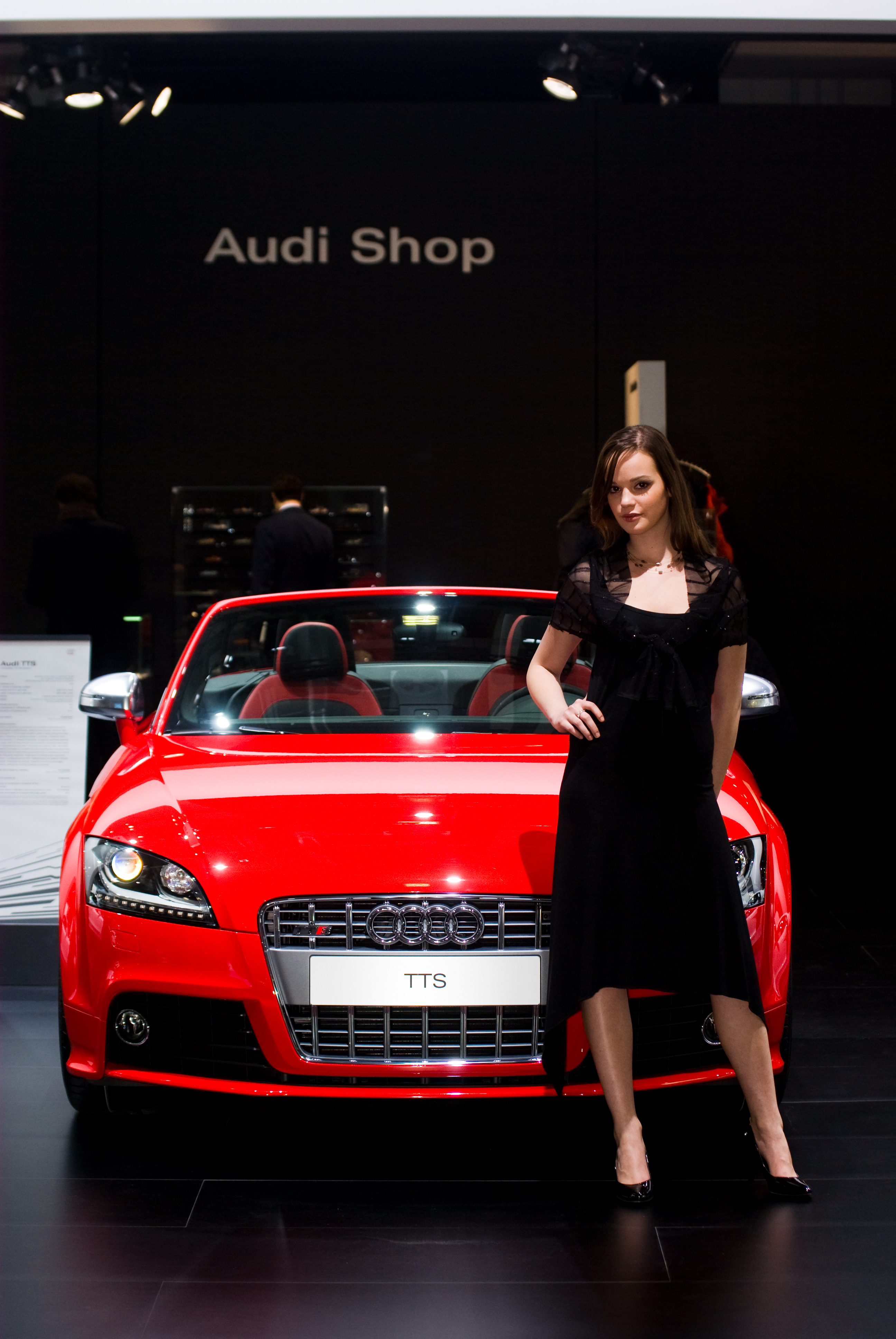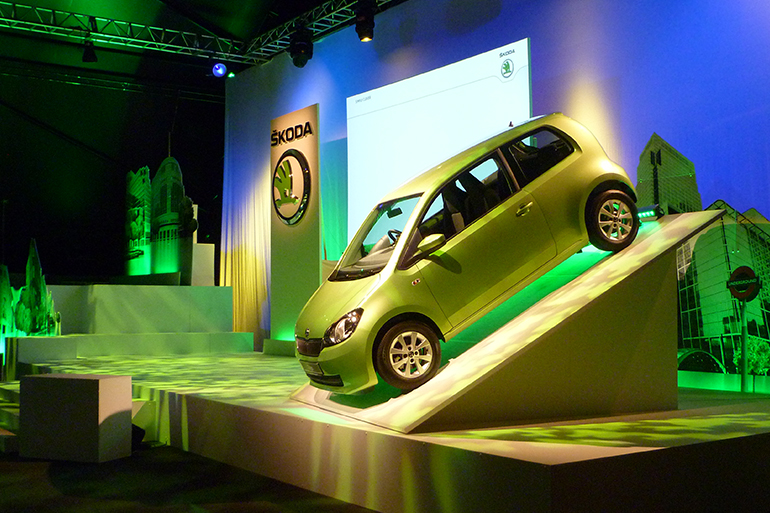Tracking Experiential Marketing Effectiveness Through Social Media Analysis

Tracking the effectiveness of experiential marketing campaigns can sometimes be challenging. However, social media can be used to mitigate this challenge – especially in the case of well-known brands which attract a lot of social talk online.
When relevant social media activity is analyzed in the context of experiential and event marketing campaigns, it can be used to answer such questions as:
- Which live brand experiences impacted the brand most positively?
- What attitudes and perceptions about the brand shifted as a result of the experiential marketing campaign?
- How much word-of-mouth did the campaign generate?
Finding reliable answers to these questions isn’t always easy (though there do exist on-the-field methods for measuring experiential results) – and this is why social media analysis is a powerful ally to any experiential marketing campaign.
How exactly, though, can social media analysis be used to contribute to a better understanding of an experiential marketing campaign’s performance?
Here’s how analyzing social media activity can help answer some of the most critical questions – listed above – underlying experiential marketing performance.
Which live brand experiences impacted the brand most positively?
Of course, not all live brand experiences are created equal.
Some live brand experiences plunge into the very emotional core of an audience – captivating people so completely that word-of-mouth marketing spreads like a wildfire in a dry forest.
Other live brand experiences?
Not so much. They build up some marketing momentum, but aren’t knockout successes.
Discovering which live brand experiences perform extremely well, compared to those which don’t, is a pretty critical piece of data for the event marketer. Detecting high-performing experiences allow those activations to be probed for insight into why they performed so well. And this insight is a vital ingredient in creating better and better live brand experiences.
Here’s where social media analysis enters the picture, in all its digital glory.
Consider, for example, the following scenario: an event marketer wants to determine which live brand experiences sparked the most positive associations for a brand in the minds of its consumers and target audiences.
To make this determination through social media analysis, mentions of the brand on social media platforms – before and after the live brand experience – could be harvested. These could then be linguistically analyzed for positive and negative words which reflect attitudes towards the brand. For instance, if one live brand experience boosted use of the word “fun” (and related words) in relation to a brand, while another experience failed to do so, then the first activation quite likely succeeded in conveying a fun brand image – compared to the second brand experience.
What attitudes and perceptions about the brand shifted as a result of the experiential marketing campaign?
The tracking technique here mirrors the social media analysis approach described above.
However, to actually track a shift in consumer attitudes and perceptions as a result of an entire experiential marketing campaign, the analysis would have to be done over a longer time frame (given that word-of-mouth marketing, for example, isn’t an immediate process – and thus attitude shifts will take some time to really manifest on social media).
How much word-of-mouth did the campaign generate?
Social media can be exploited to help track the word-of-mouth effects of an experiential marketing campaign. By carefully documenting social media mentions of the brand before and after the launch of an experiential marketing campaign, it’s possible to estimate the overall word-of-mouth marketing impact of the experiential campaign.
Some Pitfalls
Event marketers eager to use social media analysis as a tool for measuring experiential marketing effectiveness should be aware of some common pitfalls associated with this method.
Correlation Isn’t Causation
Some marketers are bewitched by the tantalizing assumption that correlation is causation.
But statistics 101 tells us that, actually, correlation doesn’t imply causation.
So just because there’s a correlation between, say, the recent launch of an experiential marketing campaign and the rising number of social media mentions for a brand – this doesn’t necessarily mean that the experiential marketing campaign caused this surge in social media mentions.
Perhaps the increase in social media mentions is due to a mass media advertising campaign that was also launched around the same time.
Fortunately, this can be taken into consideration through econometric analysis paired with strategic planning of when different marketing campaigns are launched.
Sample Error
Sample error refers to “the risk that, purely by chance, a randomly chosen sample of opinions does not reflect the true views of the population,” in the words of Tim Harford in his popular piece, “Big data: are we making a big mistake?”
This problem especially plagues marketers when they’re working with a small sample. For example, if the word “fun” (in relation to a brand) appears on social media 50 times before the launch of an experiential marketing campaign – and then appears 55 times after launch, is this actually a meaningful difference?
Statistical approaches are incredibly useful here, as number-savvy marketers know. Such marketers could run an independent-samples t-test, for instance, to discover whether differences in social media mentions before and after live brand experiences are actually significant.
Conclusion - Integrate Experiential Marketing with Social Media
Social media continues to gather marketing clout, and by integrating it with experiential marketing campaigns, it can be used to analyze and track the effectiveness of experience-based marketing efforts. When potential pitfalls are acknowledged and eliminated, social media analysis is a particularly powerful tool for the event marketer.
There are virtually endless ways social media can be creatively tied to experiential marketing, which is why leading experiential marketing firms like Femme Fatale Media Group make it a priority to research, explore, and innovate in the social media landscape.








